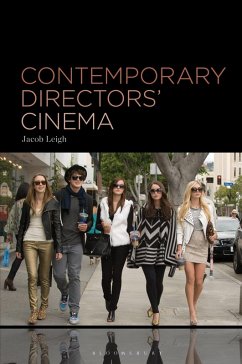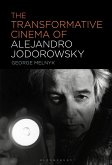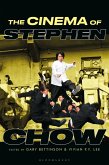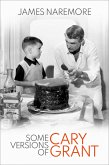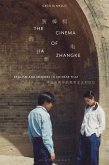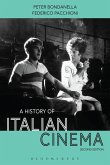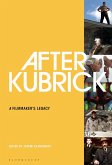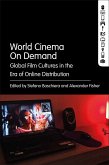Contemporary Directors' Cinema refreshes the argument about the role of the director through the practice of evaluative criticism. The book identifies what makes nine recent films successful achievements by their directors and collaborators.
Each chapter gives some context for the director's work, but the central argument focuses on the style, form and themes of each film, while explicating aspects of point of view and tone. Contemporary Directors' Cinema argues that in each of its nine case studies the director's work is central to the achievement of economy, unity, eloquence, subtlety, depth, vigour, vividness and intensity. By offering critical readings of nine films from mainstream film culture, Contemporary Directors' Cinema demonstrates that cinema remains vital as a directors' medium.
The films discussed in this book are: Pain and Glory (2019); Shoplifters (2018); Parasite (2019); The White Ribbon (2009); Les Chansons d'amour (2007); The Bling Ring (2013); The Great Beauty (2013); Leviathan (2014); and Winter Sleep (2014).
Hinweis: Dieser Artikel kann nur an eine deutsche Lieferadresse ausgeliefert werden.
Each chapter gives some context for the director's work, but the central argument focuses on the style, form and themes of each film, while explicating aspects of point of view and tone. Contemporary Directors' Cinema argues that in each of its nine case studies the director's work is central to the achievement of economy, unity, eloquence, subtlety, depth, vigour, vividness and intensity. By offering critical readings of nine films from mainstream film culture, Contemporary Directors' Cinema demonstrates that cinema remains vital as a directors' medium.
The films discussed in this book are: Pain and Glory (2019); Shoplifters (2018); Parasite (2019); The White Ribbon (2009); Les Chansons d'amour (2007); The Bling Ring (2013); The Great Beauty (2013); Leviathan (2014); and Winter Sleep (2014).
Hinweis: Dieser Artikel kann nur an eine deutsche Lieferadresse ausgeliefert werden.

